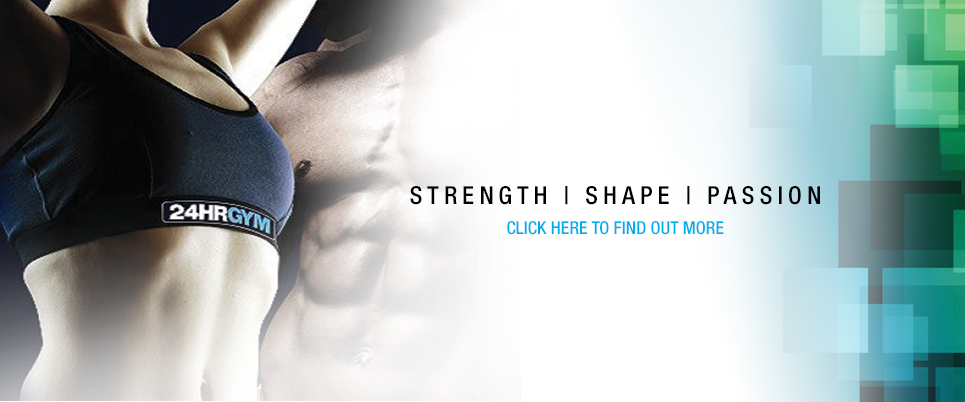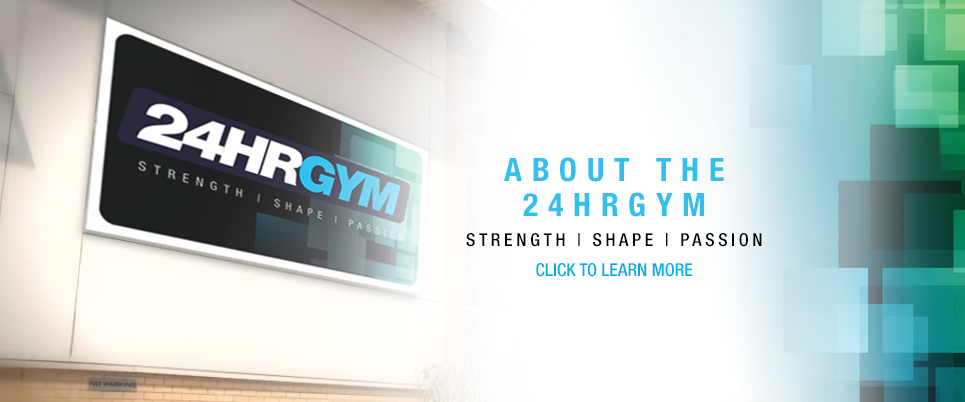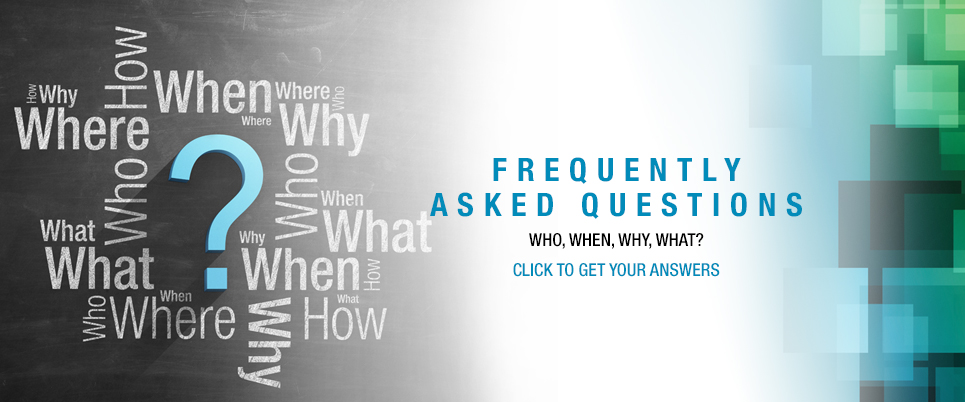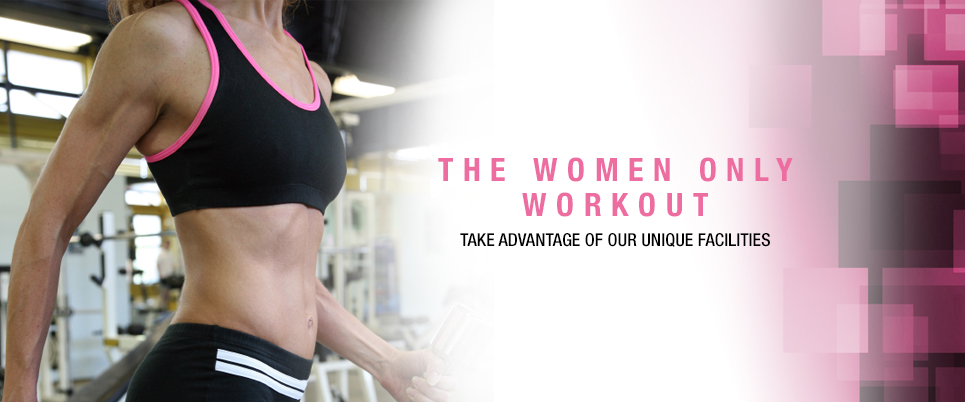ALCOHOL
Excessive alcohol consumption is dangerous no matter how fit or how hard you train. For many people drinking alcohol is a social activity, but you don’t realise just how harmful it can be, and what problems it may cause by drinking too much.
Alcohol slows down reaction time, interferes with co-ordination and concentration. Alcohol can also cause nutritional deficiencies – if you are drinking alcohol instead of eating a meal you may be missing out on vital nutrients. Also excessive alcohol consumption is known to deplete the body of certain vitamins and minerals especially vitamin B1, Folic Acid, Zinc, Magnesium and Potassium.
Hard exercise with a hangover is dangerous and is not recommended, some people think that they can sweat it off. The dehydrating properties can effect temperature regulation increasing the risk of heat stress during exercise and slowing down rehydration after exercise.
Alcohol also contains a lot of calories – for example half a pint of beer contains 90 calories, a standard glass of wine contains 75 calories, and because of its little nutritional value these are called ‘Empty Calories’.
Alcoholic drink: dry sherry
Calories: 66
Amount: 55ml (2Fl oz)
Alcoholic drink: dry white wine
Calories: 76
Amount: 110ml (4Fl oz)
Alcoholic drink: liquor
Calories: 80
Amount: 30ml (1Fl oz)
Alcoholic drink: cider
Calories: 100-200
Amount: 280ml (1/2 pint)
Alcoholic drink: beer
Calories: 75-135
Amount: 280ml (1/2 pint)
Alcoholic drink: port
Calories: 90
Amount: 55ml (2Fl oz)
If you care about your health and are watching your weight then watch you’re drinking limits.
Drinking Limits
Men 3-4 standard drinks 4-5 times a week Women 1-2 standard drinks 4-5 times a week
A STANDARD DRINK – 280ml Beer, 125ml Wine, 30ml Spirits
Here are some points on how to change your drinking habits :
Drinks more slowly, pace your drinks.
Extend alcoholic with low calorie mixers or carbonated/still mineral water.
Try low alcoholic or non-alcoholic drinks for a change.









